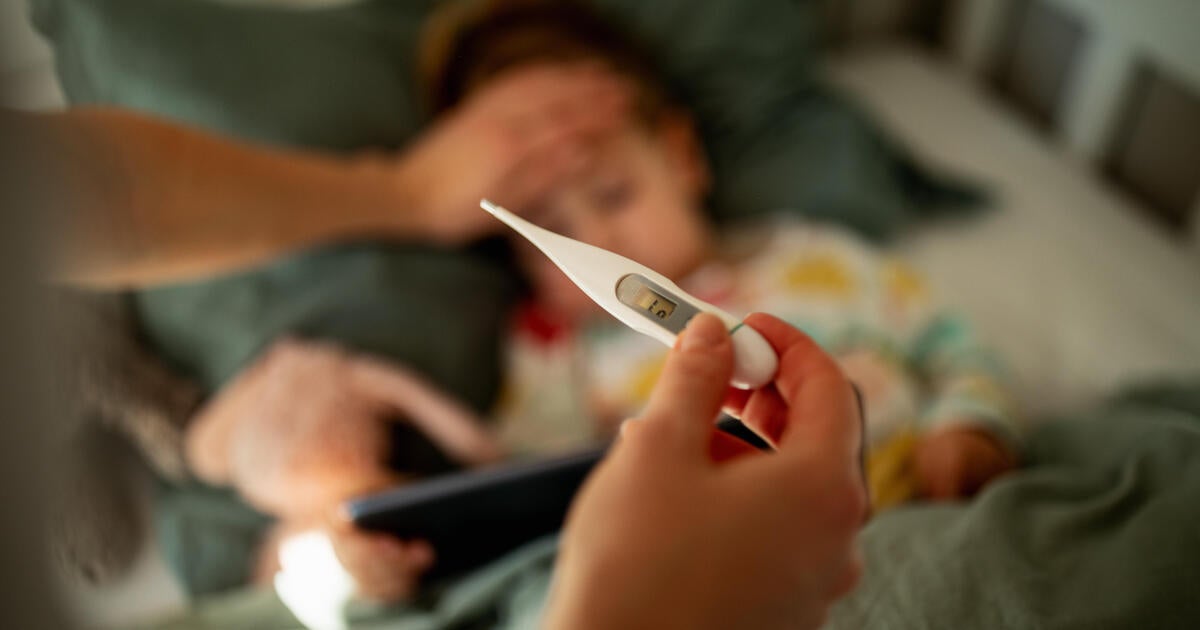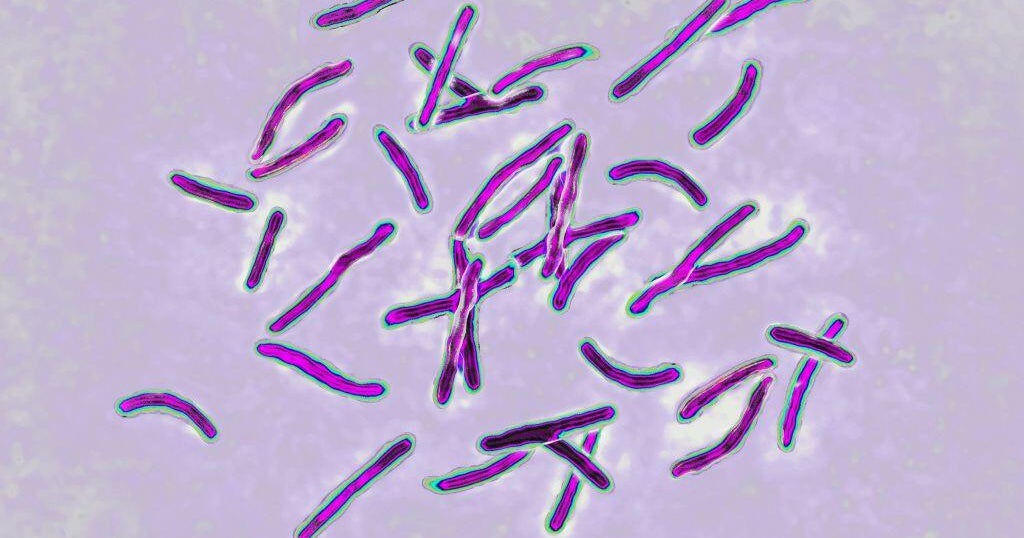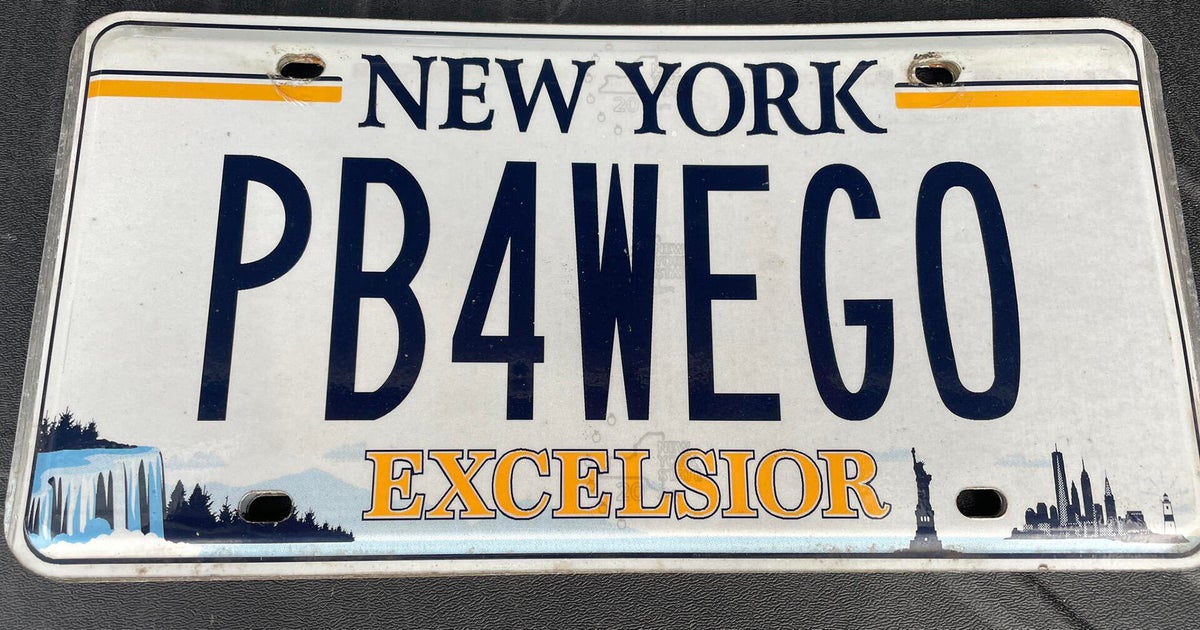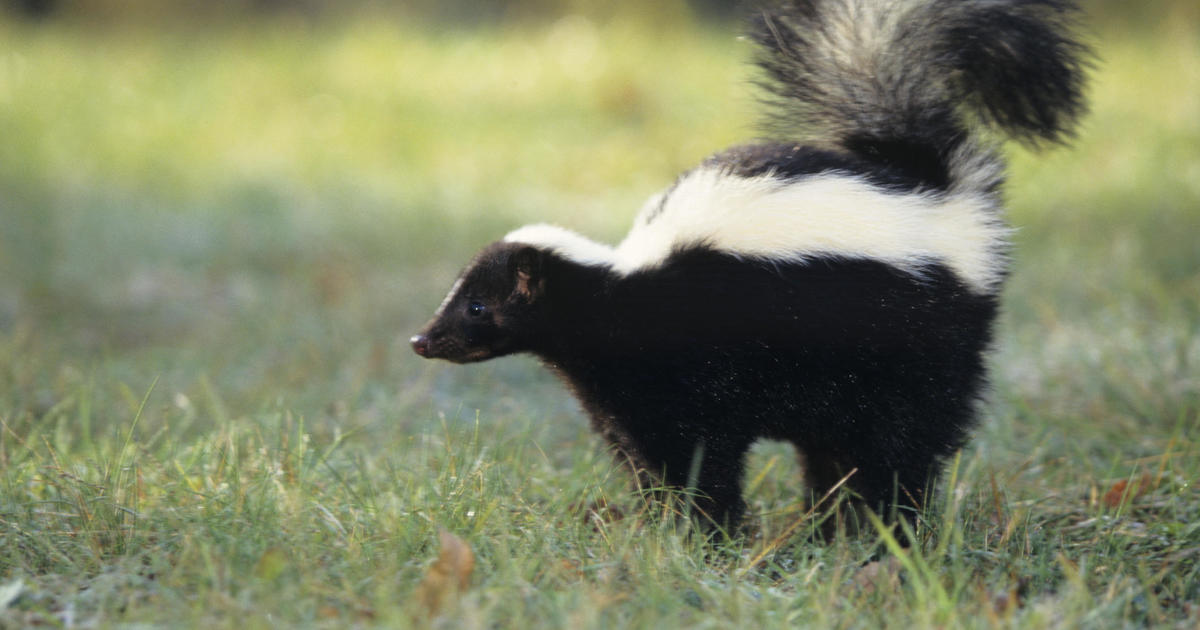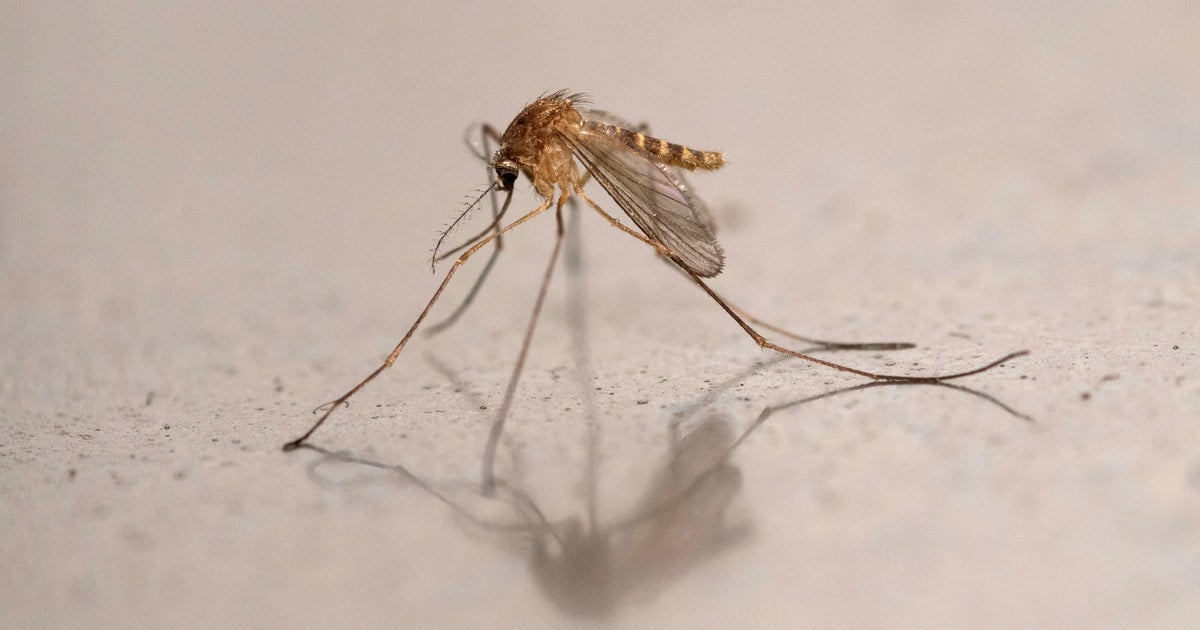After New Yorker dies of EEE, state declares virus an "imminent threat to the public"
NEW YORK — The New York resident who tested positive for the mosquito-borne eastern equine encephalitis virus has died, prompting state health officials to declare an "imminent threat to the public for EEE," Gov. Kathy Hochul announced Monday.
The patient lived in Ulster County and was diagnosed three days ago. It was the first human case of EEE in New York since 2015.
Earlier this summer, a horse in Ulster County also tested positive for the virus, according to health officials.
The declaration enables the state to assist local governments with EEE prevention and response, such as mosquito spraying efforts.
"Keeping New Yorkers safe is my top priority," Hochul said. "Following the first confirmed human case of EEE, my administration took statewide action to help protect communities – and with today's declaration we're making more state resources available to local departments to support their public health response. We've been informed this patient has passed away from EEE, we extend our sympathies and our hearts go out to their family."
"Eastern equine encephalitis is different this year. While we normally see these mosquitoes in two to three counties each year, this year they have been in 15 counties so far, and scattered all over New York State. This life-threatening mosquito-borne disease has no commercially available human vaccine and must be taken seriously. Mosquitoes, once a nuisance, are now a threat," Health Commissioner Dr. James McDonald said. "I urge all New Yorkers to prevent mosquito bites by using insect repellents, wearing long-sleeved clothing and removing free-standing water near their homes. Fall is officially here, but mosquitoes will be around until we see multiple nights of below freezing temperatures."
So far this year, there have been at least 10 EEE cases reported across the country, including a case in New Jersey. A case in New Hampshire was also fatal.
What is EEE?
According to the state health department, EEE is a rare, severe viral disease spread by mosquitoes.
Most people who are infected with EEE will not develop symptoms, health experts say, but early symptoms of severe cases include headache, high fever, chills and vomiting. It is deadly in approximately 30% of cases, and those who survive may suffer neurological impairment.
There is no vaccine for EEE.
EEE safety measures
In addition to help spraying for mosquitoes, the state is expanding access to insect repellent at state parks and campgrounds, as well as posting signs warning about EEE.
Here are some precautions people can take, according to officials:
- Wear long sleeves. Tuck pants into socks and shirts into pants at dusk and dawn, when mosquitoes are most active
- Use insect repellents with DEET
- Use screens in windows and doors, and make sure the screens aren't torn
- Eliminate standing pools of water where mosquitoes can breed. That can include plastic containers, wading pools, pots, wheelbarrows and more
- Change water in bird baths twice a week
For more information about EEE, click here.
